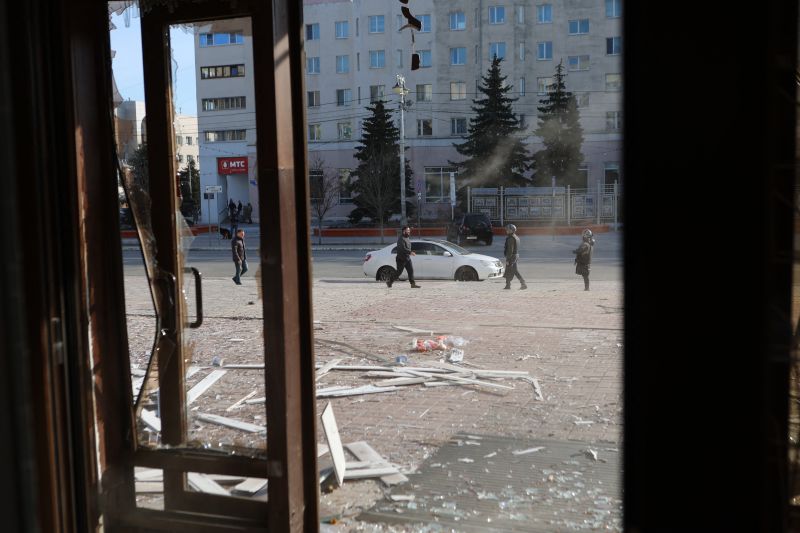The recent development in the unfolding situation between Ukraine and Russia adds another twist to their complex relations: Ukraine launching an offensive on Russian oil refineries using drone attacks. This operation, coupled with the impending likelihood of President Vladimir Putin’s re-election, carries prominent implications on the geopolitical landscape that merit discussion.
Ukraine’s Use of Drone Attacks
Ukraine’s thrust on Russian oil refineries marks an escalation in tactics, utilizing drone technology to carry out the strikes. This shows an interesting progression in the balance of power. The Ukrainian forces have started implementing modern warfare strategies to strike deep within the enemy lines, targeting the nerve centers of Russia’s economy.
The adoption of drone warfare indicates that Ukraine has made significant strides in its military capabilities. The drones are characterized by their accuracy in hitting targets from a distance, reducing the risk of human casualties on Ukraine’s side and minimizing the chance of direct confrontation.
Impact on Russian Territory
The targeted attacks on the Russian oil refineries have an undeniable impact on Russia’s economy. Oil is one of Russia’s main exports, and any disruption to the industry can lead to significant losses. Add to this the substantial costs of repairs and maintenance, and Russia is facing a very critical situation.
The disruption in oil production not only hits Russia’s economy directly but also impacts the global oil market. This move may inadvertently lead to a surge in global oil prices, affecting economies worldwide and potentially causing additional geopolitical friction.
Russia’s Political Context
This latest operation coincides with the probable re-election of President Putin. Historically, conflicts — and their resolutions — have greatly influenced the perception of a leadership’s strength and direction.
Given Putin’s reputation for projecting a strong and commanding leadership image, this attack could serve as a test to Putin’s resiliency. It puts a question mark on the security measure, military readiness, and political acumen of the current regime just when it is about to face re-election.
The Ukrainian attacks reflect a deep-seated determination to push back against Russia, despite knowing that Putin’s re-election could signify another term with an administration known for its aggressive military stance.
In the light of these developments, it will be interesting to observe how Russia will respond to these drone attacks targeting their oil refineries and how this will affect the geopolitical dynamics in Europe. Equally crucial will be the aftermath of Putin’s likely re-election, knowing that it could inject new elements into the ongoing conflict.
In this Byzantine chessboard, the game is far from over. As Ukraine and Russia brace themselves for further challenges, the international community watches closely, keenly aware that each move will resonate far beyond these countries’ borders, directly impacting the geopolitical and economic stability of the region.




